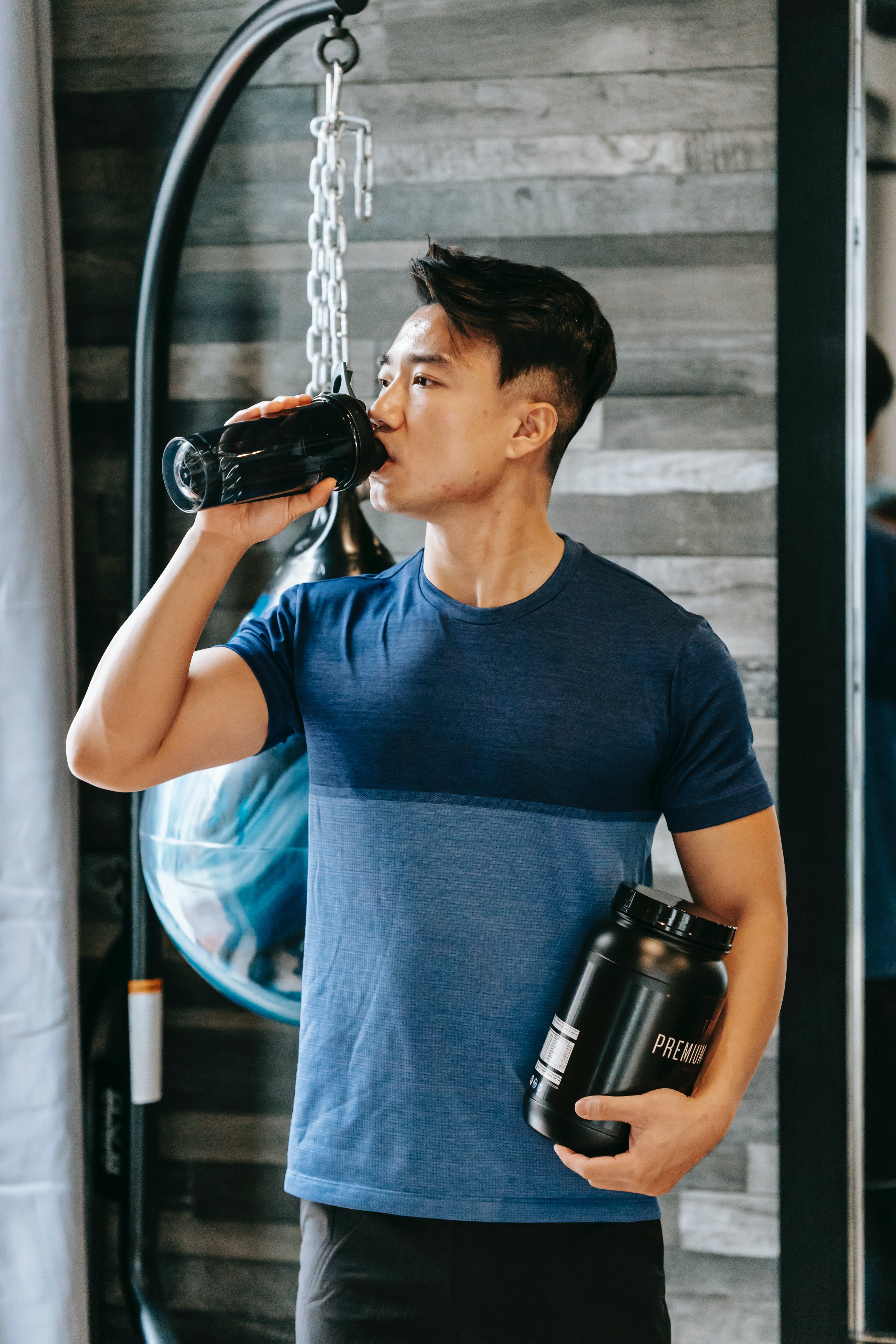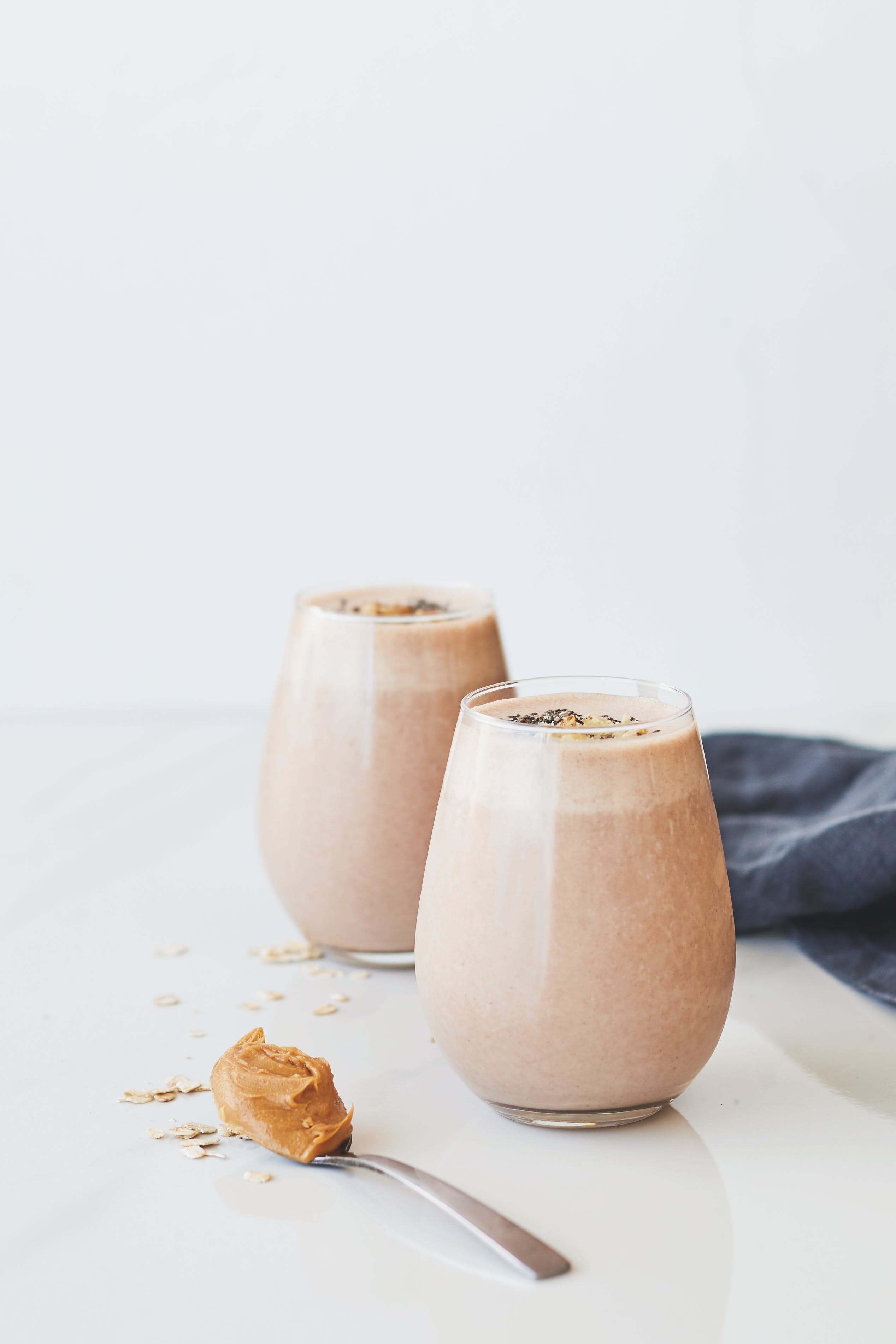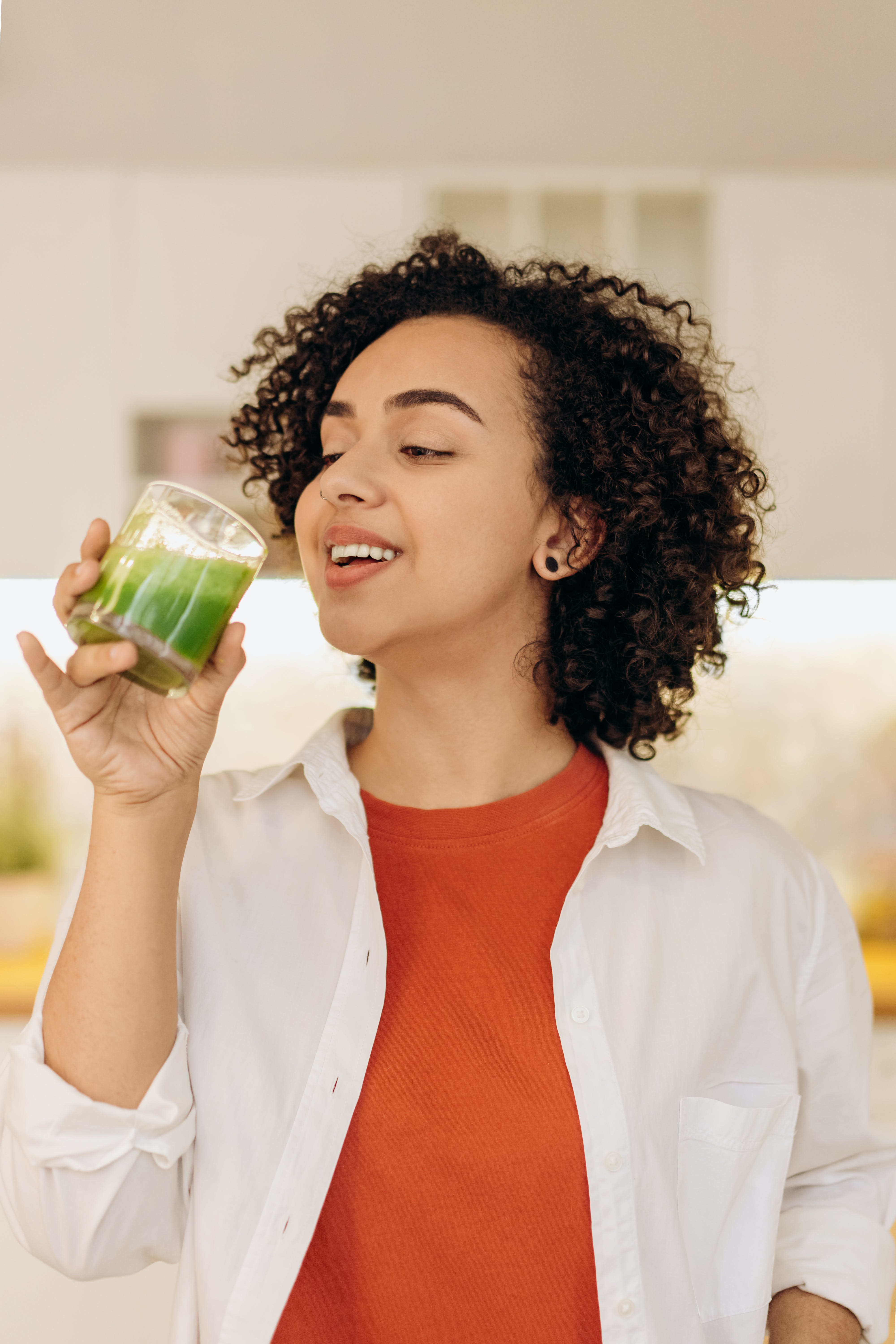Optimizing Your Progress: The Science Behind Protein Shakes



Protein shakes are now a staple in the diet of bodybuilders, and for good reason. They provide a practical and effective solution to increase daily protein intake, promote muscle growth, and help with muscle repair. The benefits of protein shakes as a healthy snack, their significance for bodybuilders, types, and several delectable recipes to make including them in your diet fun are all covered in this article.

The Importance of Protein for Bodybuilders
Since protein is the building block of muscle tissue, bodybuilders must consume adequate amounts of this vitamin. Your muscle fibers sustain microscopic tears when you exercise vigorously. Your body needs enough of the building blocks of protein, known as amino acids, to heal and grow stronger. Getting adequate protein aids in accomplishing these crucial objectives:
- Muscle Growth: Protein is essential for hypertrophy, the process that results in larger muscle fibers. To encourage muscle growth, bodybuilders require a sufficient amount of protein, particularly when combined with resistance training.
- Muscle Recovery: Your muscles need time to heal after a strenuous exercise regimen. Protein lessens muscle discomfort and aids in the healing of damaged muscle fibers. For bodybuilders to keep up a regular training routine, this is crucial.
- Metabolism and Fat Loss: In order to promote fat loss and burn calories while maintaining lean muscle mass, protein increases metabolism. A slender, well-defined body is the result of doing this.
There are many different types of protein powders, each with a distinct nutritional profile and produced from a different source. The selection of protein powder is based on personal fitness objectives, nutritional requirements, and food preferences. The following are a few popular varieties of protein powders:
Whey Protein:
- Source: Derived from milk during the cheese-making process.
- Advantages: Whey protein is a complete protein, rich in essential amino acids. It's quickly absorbed by the body, making it an excellent choice for post-workout recovery.
- Types: Whey protein isolate (higher protein content, low in carbs and fat), whey protein concentrate (slightly less protein, with some carbs and fats), and whey protein hydrolysate (predigested for easier absorption).

Casein Protein:
- Source: Also derived from milk, but it's digested more slowly compared to whey protein.
- Advantages: Casein forms a gel-like substance in the stomach, leading to a slower release of amino acids, making it a good choice for sustained protein delivery, such as before bedtime.
- Use: Often consumed at night or when a slow-release protein source is desired.
Pea Protein:
- Source: Extracted from yellow split peas.
- Advantages: Suitable for vegetarians and vegans, pea protein is a high-quality plant-based protein source. It is also hypoallergenic and contains a good amount of branched-chain amino acids (BCAAs).
- Use: Used in smoothies, shakes, and recipes to boost protein content.
Rice Protein:
- Source: Made from brown or whole-grain rice.
- Advantages: Rice protein is hypoallergenic, easily digestible, and suitable for those with dietary restrictions. It is often combined with other plant-based proteins to create a more balanced amino acid profile.
- Use: Added to smoothies and recipes to increase protein intake.

Hemp Protein:
- Source: Derived from the seeds of the hemp plant.
- Advantages: Hemp protein is an excellent source of plant-based protein, and it also provides essential fatty acids, including omega-3 and omega-6. It contains fiber and is rich in minerals.
- Use: Often added to smoothies, oatmeal, or used in baking recipes.
Soy Protein:
- Source: Made from soybeans.
- Advantages: Soy protein is a complete protein and contains all essential amino acids. It's a versatile option and has various health benefits.
- Use: Added to smoothies, shakes, or used in cooking and baking.
Collagen Protein:
- Source: Derived from animal connective tissues, typically bovine (cow) or marine (fish) sources.
- Advantages: Collagen protein is high in amino acids important for skin, hair, nails, and joint health. It's known for its potential benefits in promoting skin elasticity and reducing joint pain.
- Use: Often found in products like collagen peptides, which can be mixed with water, coffee, or added to recipes.
Egg White Protein:
- Source: Made from the whites of eggs.
- Advantages: Egg white protein is a high-quality, complete protein source, and it is low in fat and carbohydrates. It's free of lactose and suitable for those with dairy allergies.
- Use: Often used in smoothies, baked goods, and recipes as a protein supplement.
Plant-Based Protein:
- Source: These protein powders combine various plant-based sources to provide a more balanced amino acid profile.
- Advantages: Plant-based blends offer the benefits of multiple sources, ensuring a wider range of amino acids.It offers a convenient and nutritious source of protein for individuals who follow vegetarian or vegan diets, as well as those looking to reduce their consumption of animal products.
- Use: Versatile for use in smoothies, shakes, and cooking.

The best protein powder for you will depend on your nutritional choices, fitness objectives, and any dietary sensitivities or limits that you may have. The best protein powder for your unique situation will depend on how carefully you read labels, evaluate your nutritional requirements, and, if needed, seek advice from a nutritionist or healthcare provider.
Advantages of Protein Shakes as a Nutritious Snack
For bodybuilders, protein shakes are a healthy snack with several benefits. Here are a few of the main advantages:
- Convenience: Preparing a protein shake is quick and easy. It's a portable snack that can be enjoyed at home, at the gym, or on the go, making it a convenient option for busy bodybuilders.
- Quick Absorption: As protein shakes are liquid, the body absorbs the protein fast. This is particularly advantageous right after an exercise when your muscles are in need of quick nutrition.
- Customization: By including different nutrients like fruits, veggies, and healthy fats, you can simply modify your protein shake to fit your needs nutritionally. This enables you to make a customized, well-balanced snack.
- Portion Control: You may achieve the ideal amount of protein without consuming too many calories by using protein drinks to help you manage your portion sizes. When attempting to maintain or lower body fat while gaining muscle, this can be helpful.
Delicious Protein Shake Recipes
Let's now look at some delectable homemade protein shake recipes so bodybuilders can benefit from this high-nutrient snack.
Classic Chocolate Banana Protein Shake:
- 1 scoop of chocolate protein powder
- 1 ripe banana
- 1 cup of milk (dairy or plant-based)
- 1 tablespoon of natural peanut butter
- Ice cubes (optional)
Instructions: Blend all the ingredients until smooth and creamy.
Green Monster Protein Shake:
- 1 scoop of vanilla protein powder
- 1 cup of spinach leaves
- 1/2 cup of chopped cucumber
- 1/2 cup of pineapple chunks
- 1 cup of coconut water
- Ice cubes (optional)
Instructions: Blend all the ingredients until the shake is a vibrant green color.
Coffee and Cream Protein Shake:
- 1 scoop of coffee-flavored protein powder
- 1 cup of brewed and cooled coffee
- 1/2 cup of Greek yogurt
- 1 tablespoon of honey (optional)
- Ice cubes
Instructions: Blend all the ingredients for a caffeinated protein pick-me-up.

Bodybuilders can satisfy their protein demands and boost muscle growth and recovery using protein shakes, which are an invaluable tool in their toolbox. They are a healthy snacks that have several benefits, including quick absorption, ease of use, personalization, and portion management. You can make this important nutritional component a tasty and fun part of your daily routine and help yourself reach your fitness objectives more successfully by including delectable protein shake recipes into your diet.

